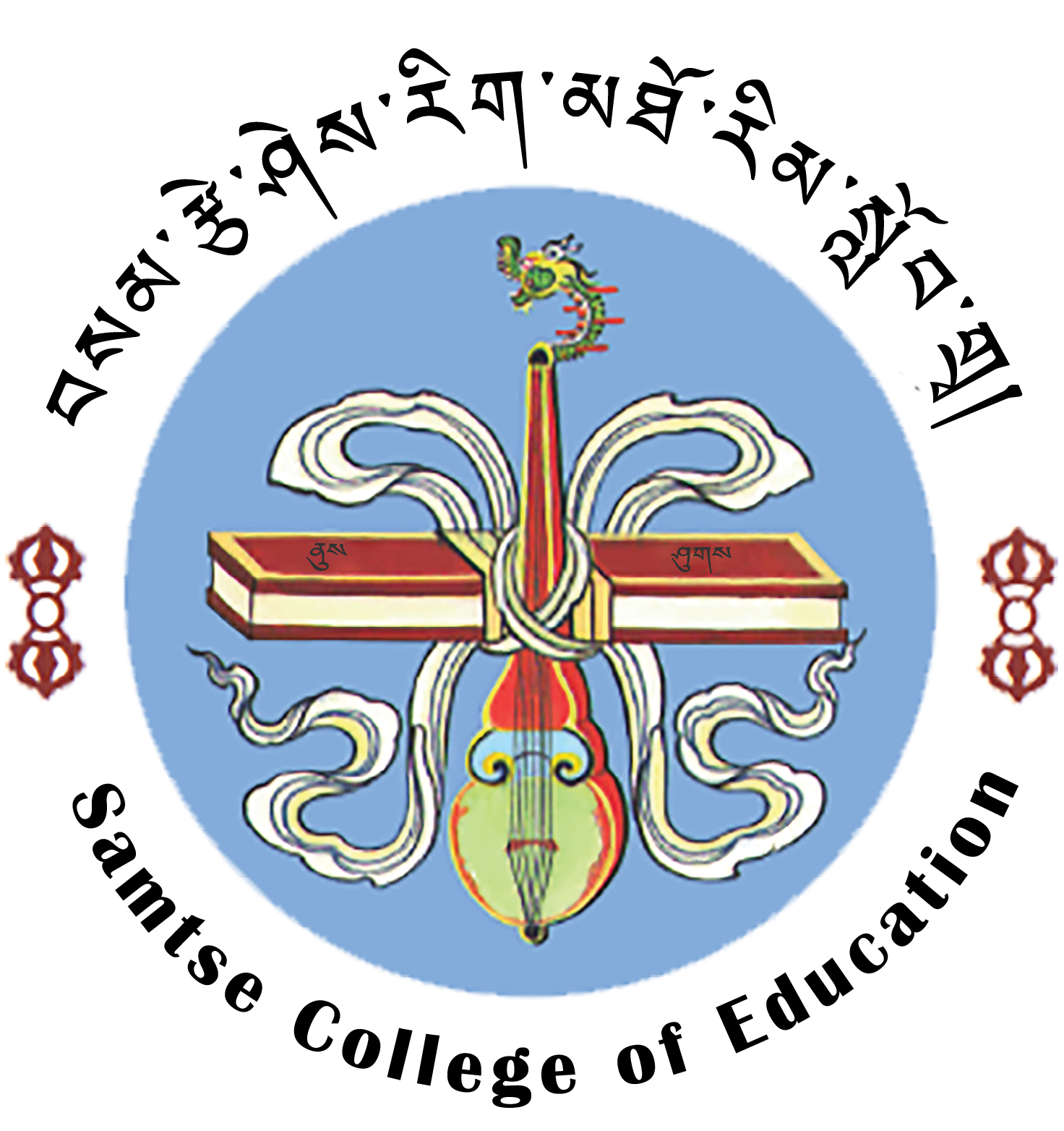Programme Overview
The broad purpose of the programme is to develop library knowledge and skills needed for effective management of information sources and services and enhance the effective job performance of the library professionals and meet the current acute shortage of trained Library and Information Science (LIS) professional in the country. The candidates enrolled in the programme will be equipped with knowledge and skills to undertake further degree level qualification in the LIS field thereby ensuring continuous personal and professional growth and development through research on areas of library and information practice and methods. This in turn is expected to ensure full participation of libraries in quality education and cultural capital of the country. The students will be able to study subjects that are relevant to their current employment and thus develop professional proficiency in key areas of professional practices needed to handle essential library functions. This will subsequently lead to the fulfillment of the role of the libraries in socio –economic development of the country at large and fulfill the vision and missions of the parent organization of the candidates of the programme in particular.
Learning outcomes of the programme
Upon completing the programme, the student will be able to:
- Organise and manage library effectively by applying theoretical knowledge and practical skills in relation to job descriptions, code of conduct and occupational health and safety standards.
- Adapt to the changing roles of libraries from repositories of resources to interactive information centres;
- Choose appropriate methods for handling varying types of library materials;
- Classify and catalogue library materials;
- Process library materials for use and loan;
- Assist and support the library users in the use of library materials by recommending useful materials by subject and participating in user education and information literacy programmes;
- Maintain an accessions register of all types of library materials as appropriate;
- Improve the quality of teaching in the use of library materials in both print and electronic formats;
- Evaluate and effectively implement the components of a library management system (LMS);
- Create and design a procedure manual for their library;
- Develop a collection policy statement for a library;
- Increase the awareness of cost effective acquisition of library materials;
- Create an effective learning atmosphere to encourage the use of library;
- Manage the library effectively in relation to job descriptions, work agreements and a code of conduct, as well as occupational health and safety standards;
- Communicate effectively at work place in English and Dzongkha;
- Identify and describe best practices and technology solutions applied in day to day library operations and management;
- Apply knowledge and skills gained for professional improvement and personal development.
Curriculum Structure
|
Semester I |
||
| LIS 101 | Introduction to Library Practice | 12 Credits |
| LRS101 | User Education | 12 Credits |
| ACS101 | Academic Skills | 12 Credits |
|
Semester II |
||
| LRS 102 | Information Management | 12 Credits |
| LRS 103 | Lending & Loans system | 12 Credits |
| FIT 101 | Fundamentals Information Technology | 12 Credits |
|
Semester III |
||
| LTS 201 | Collection management | 12 Credits |
| LTS 202 | Cataloguing and Classification | 12 Credits |
| DZG 101 | Dzongkha for Communication | 12 Credits |
|
Semester IV |
||
| LMG 201 | Library Management | 12 Credits |
| LTS 202 | Cataloguing and Classification | 24 Credits |
| LTS 203 | Processing Library Materials | 12 Credits |
| LRS 204 | Reading for Pleasure | 12 Credits |
|
Semester V |
||
| LRS 305 | Reference Services | 12 Credits |
| LRS 306 | Introduction to Research | 12 Credits |
| SSP 301 | The School Library | 12 Credits |
|
Semester VI |
||
| FWK 301 | Project on Reflective Practice | 12 Credits |
| LAT 302 | Libraries & Technology | 12 Credits |
| LIS 302 | Future of Libraries | 12 Credits |
| SSP 302 | The Academic Libraries | 12 Credits |
For more information about the programme, please contact:
